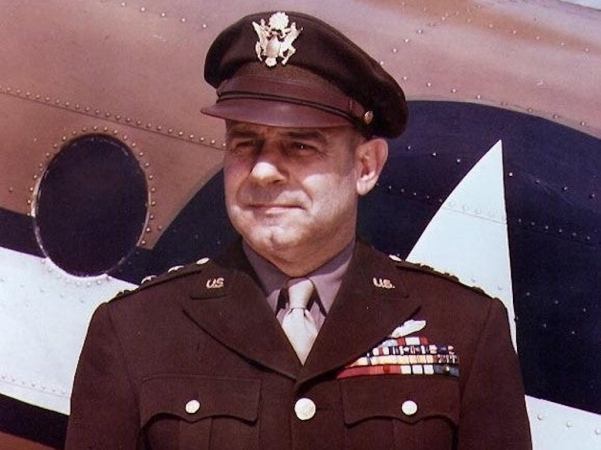This may come as a surprise to anyone who is not a Vermont native: Back during the Revolutionary War, Vermont was its own free country, similar to how Texas, California, and Hawaii once governed themselves before eventually joining the Union. During its fourteen-year tenure, Vermont and its militia, known as the Green Mountain Boys, served as a key ally in aiding against the British.
The Green Mountain Boys were led by one of the founders of Vermont, Ethan Allen. Allen’s legacy, as recorded in American history books, showcases his military prowess, his leadership in an independent Vermont, and an undying hatred for the man that is now synonymous with treason, Benedict Arnold — a hatred that started well before his infamous betrayal.

(U.S. Army National Guard photo by Spc. Avery Cunningham)
In spirit, the Green Mountain Boys still exist today as the Vermont National Guard
(U.S. Army National Guard photo by Spc. Avery Cunningham)
Once upon a time, control of the lands between Lake Champlain and the Connecticut River was fought over by New York and New Hampshire. Both sides had claims to the land, but both were highly disputed (though many sided with New Hampshire).
Allen had been traveling the northern portion of the lands when he heard of a small, pro-independence riot that ended with the British killing two colonists in Westminster. Allen and the Boys marched on Westminster to demand that the King remove the oppressors — but bigger problems were brewing.
The issue of who Vermont belonged to was put on hold when the 13 colonies declared their independence from Great Britain. In the meantime, the people of Vermont opted to rule and defend themselves. The only real military within their borders was Allen’s Green Mountain Boys.

Which means Benedict Arnold’s entire career is based off of a guy saying “Yeah, sure. Whatever.”
After the Battles of Lexington and Concord, an irregular Connecticut militia asked Allen and his boys to join them in taking Fort Ticonderoga. Allen realized joining the colonies was the right thing to do for Vermont and mustered his men to the assault himself.
On May 9th, the day before the assault, Allen first met Benedict Arnold. One of the very first things to come out of Arnold’s mouth was a demand that Allen relinquish control of his men to him. The Green Mountain Boys may not have been a standing army at the time, but they were excellent fighters and they were fiercely loyal to Allen.
They argued all throughout the night. Allen believed he should lead his men because, for the last seven years, they had trained, fought, and died together. Arnold believed he should lead because he received a commission from the Massachusetts Committee of Safety, which meant he was totally capable of leading troops into battle.

At that point, who can really say no?
The assembled men refused to acknowledge Arnold’s authority, but Allen agreed to allow Arnold to be in the front of the formation with him — a decision that meant Arnold could be seen as a leader on paper, but not be responsible for any of the heavy lifting.
The Green Mountain Boys moved on Fort Ticonderoga at 2 a.m. while the British were sleeping. They managed to sneak through the fort undetected (except for a lone sentry who was knocked out) and Allen pulled his cutlass on the Fort’s commander as he slept. Allen demanded complete surrender.
So, Fort Ticonderoga fell to the colonists without a single shot fired and only one concussion.

Shortly afterwords, Allen and Arnold went on to take Fort Crown Point and Fort St. John. It was the success of the Green Mountain Boys that gave the colonists the foothold they needed to begin the Revolutionary War.
Allen and Arnold remained at odds with each other. Benedict Arnold kept asserting his authority over Fort Ticonderoga and Crown Point to the Continental Congress. Allen was willing to step down under the provision that his men would be paid the same as Continental Army soldiers, which they were. And so Benedict Arnold was given the credit for the work of the Vermonters.
Benedict Arnold would urge the Continental Congress to invade Quebec next. Both Allen and Arnold lead men into Quebec. There, Ethan Allen’s forces lost at the Battle of Longue-Pointe and were subsequently imprisoned. While Allen rotted in prison, Benedict Arnold’s name was heralded as a great military mind — that is, until he made his offer to surrender West Point for £20,000.


























